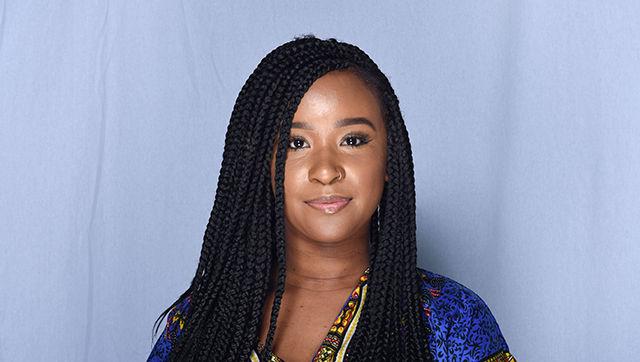
Chauncey Bowden
These days, the war on drugs doesn’t seem to be much of a war. In fact, many politicians seem to be waving a white flag, and offering much needed help to drug users. But this is great news right? Not entirely.
The war on drugs was officially declared in 1971 by President Richard Nixon. Incarceration rates continued to skyrocket into the Ronald Reagan administration. According to DrugPolicy.org, while Bill Clinton recommended treatment instead of incarceration during his 1992 campaign, he soon reverted to the drug war tactics of his Republican predecessors and continued to escalate the drug war.
So who has been most affected by the drug war? Research shows that the drug war has had disproportionate effects on communities of color. DrugPolicy.org states that while drug use is comparable among different racial groups, people of color are far more likely to be stopped, searched, prosecuted, convicted and incarcerated for drug law violations than are whites. In fact, African-Americans make up 14 percent of regular drug users, but they are 37 percent of those arrested for drug offenses.
The war on drugs was and is a racist political strategy, cloaked in public concern that has been used to destroy the lives and families of minorities across the country. A Twitter user posted the following tweet two years ago saying, “If the war on drugs were about anything but locking up poor black people, the cops would be raiding music festivals instead.”
Today, heroin kills white people more than anyone else; transcending socioeconomic classes and wreaking havoc among communities. Ironically, today more research seems to be going into finding cures and ways to treat such “diseases.” In Vancouver, Canada drug users can bring and use their drugs at a facility without fear of being arrested. There is medical staff available to ensure that users use clean supplies and do not overdose.
A New York Times article stated that drug overdoses now cause more deaths than car crashes, and opioids and other pain medications kill 44 people a day. Much of the empathy and support that users receive today was not the case for people of color in the past.
Many have referred to the war on drugs as a form of modern day Jim Crow law. Even the marijuana industry stands to financially benefit rich elites, while minority youth have had their futures ruined for trying to do precisely the same thing.
According to an article published by the Huffington Post, in 2005 four out of five drug related arrests were for possession and only one out of five were for sales. In fact, the majority of people in state prisons have no history of violence. The war on drugs destroyed black families across the nation, and it left many black offenders with little employment opportunities, making it even more likely that they would reoffend. In addition, limited employment opportunities and disenfranchisement laws associated with drug charges have disproportionately affected minorities.
I’m not saying that there shouldn’t be a war on drugs, but maybe things would have been different if the rules were applied fairly and evenly.